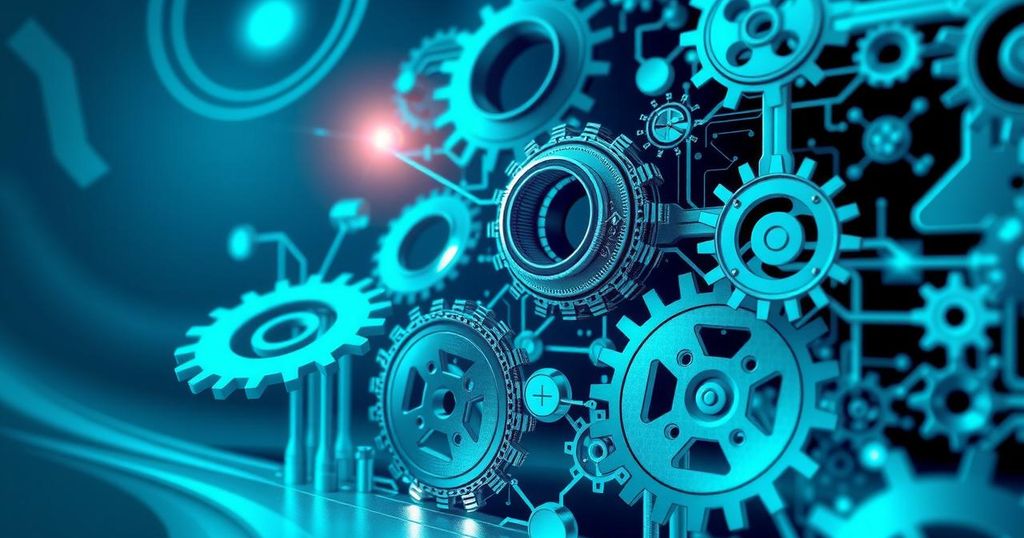University of Arizona Study Looks at Workplace Reactions to Artificial Intelligence
University of Arizona researchers explore how employees perceive others’ work when AI aids tasks. The study reveals that disclosing AI use can erode trust and lead to perceptions of inauthenticity. The situation worsens when AI assistance is revealed by a third party, further diminishing workplace trust. Findings published in The Conversation.
A recent study conducted by researchers at the University of Arizona has delved into the interesting — and perhaps troubling — perceptions surrounding the use of artificial intelligence in the workplace. As the role of AI becomes more prominent, understanding its impact on workplace dynamics is increasingly critical. The inquiry centers on how individuals view their colleagues’ work once they learn that AI contributed to it.
Martin Reimann, a researcher at the UA Eller College of Management and one of the study’s key voices, suggests that openness about using AI can be a double-edged sword. He argues that simply admitting to employing AI can erode trust among coworkers. “Whenever AI users disclose their usage to other people, then trust that is placed in them goes down,” Reimann stated. This statement raises questions about transparency in modern work environments influenced by technology.
The implications of the study are revealing. When employees disclose that their writing, brainstorming, or creative tasks were aided by AI, their contributions are often viewed through a lens of skepticism. Reimann noted, “Lower perceived commitment, people think they are just making their lives easy, they may be lazy, then the work is perceived to be inauthentic, not human.” This notion is particularly alarming as it shifts the perception of not only the work itself but also the motivation behind it.
Interestingly, the situation becomes even more complicated when the use of AI is revealed through indirect means, such as by a third party. In such cases, data suggests that trust may plummet even further. For instances where AI detectors are used to unearth AI assistance, the ramifications can be significant. Workers might find their efforts labeled as less genuine, further complicating team dynamics.
This study emphasizes a pressing issue in workplaces today: as artificial intelligence integrates more deeply into our daily tasks, the human element of work remains at risk of devaluation. Published in the journal The Conversation, these findings add a new layer to ongoing discussions about the role of technology in professional settings and how it affects interpersonal relationships among colleagues.
In summary, the University of Arizona study reveals a crucial insight: while artificial intelligence can streamline tasks, it might undermine trust and perceived authenticity among coworkers. The research highlights the pitfalls of disclosing AI usage, which can lead to diminished respect and an impression of laziness. As AI continues to evolve, understanding these dynamics will be essential for fostering healthy, transparent workplace cultures.
Original Source: news.azpm.org




Post Comment